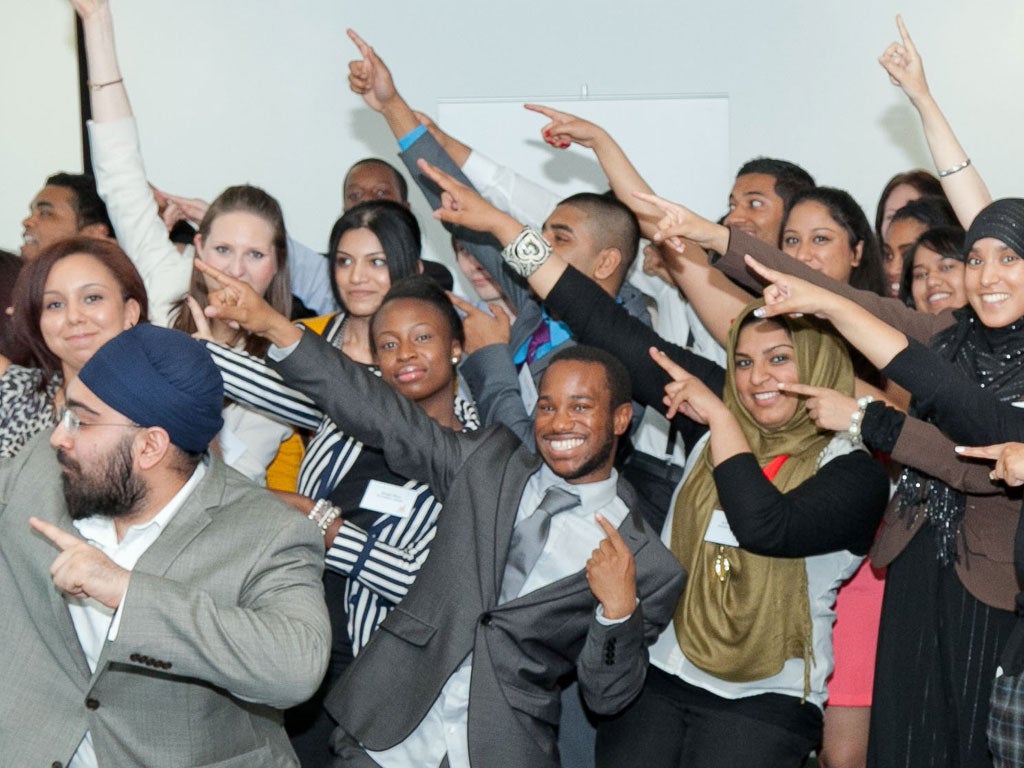How do we get young people to vote? The solution's simple
Young people don't vote because they think the Government doesn't represent their views. They're right

Your support helps us to tell the story
From reproductive rights to climate change to Big Tech, The Independent is on the ground when the story is developing. Whether it's investigating the financials of Elon Musk's pro-Trump PAC or producing our latest documentary, 'The A Word', which shines a light on the American women fighting for reproductive rights, we know how important it is to parse out the facts from the messaging.
At such a critical moment in US history, we need reporters on the ground. Your donation allows us to keep sending journalists to speak to both sides of the story.
The Independent is trusted by Americans across the entire political spectrum. And unlike many other quality news outlets, we choose not to lock Americans out of our reporting and analysis with paywalls. We believe quality journalism should be available to everyone, paid for by those who can afford it.
Your support makes all the difference.When Russell Brand urged young people to actively boycott politics in a recent Newsnight interview, he didn't mention they are already doing just that, at the same time those who represent us – or at least represent those who actually cast a vote – reflect the demographic make-up of our country less than ever before.
In 2010 voter turnout among 18-25 year olds was the lowest since records began – but with reason – young voters’ views are no longer reflected in Government; today’s crop of party leaders may be the youngest ever, but the average age of a member of our current parliament is older than those elected in 1979, 1983 and 1987. Over 12 per cent of Britons are from an ethnic minority, yet just over 4 per cent of parliamentarians are, and 22 per cent of parliamentarians are female, despite women making up more than half of the population. It’s really no surprise many people don’t see their vote as important.
If we want representatives that actually represent of the views of the general public, not the fanciful, extreme or dangerous, then it is in all our interests to increase youth turnout at the polls. Fortunately there are ways this can be achieved – and without middle aged politicians suddenly finding some elixir that makes them irresistible to youth voters at election time.
In Canada, studies have shown a correlation between youth turnout in elections and young people’s engagement in community volunteering. In that country, youth voter turnout is one of the highest in the Western world, as are levels of community engagement. It must be one of the least surprising and worse kept secrets that, regardless of age, if you have active involvement in the community where you live you will be more concerned about it, and therefore more likely to want to exercise your vote in elections for those who seek to represent your neighbourhood.
Over the coming months, UpRising, the social youth engagement charity I run, will launch a new nationwide youth democratic engagement programme. In six locations across the UK - London, Birmingham, Manchester, Bedfordshire, Liverpool and Stoke – we aim to begin a turn-around in youth voting by helping many thousands of young people take part in social action and community projects. This will foster the development of a natural passion for democratic change in its fullest sense - including exercising their right to vote. Through this dialogue and engagement, we hope to close the gap between the long decline of youth participation in elections, and the rise of the seemingly identikit politician that does not look or feel like the electorate at all.
Andrea Cooper is CEO of UpRising
Join our commenting forum
Join thought-provoking conversations, follow other Independent readers and see their replies
Comments